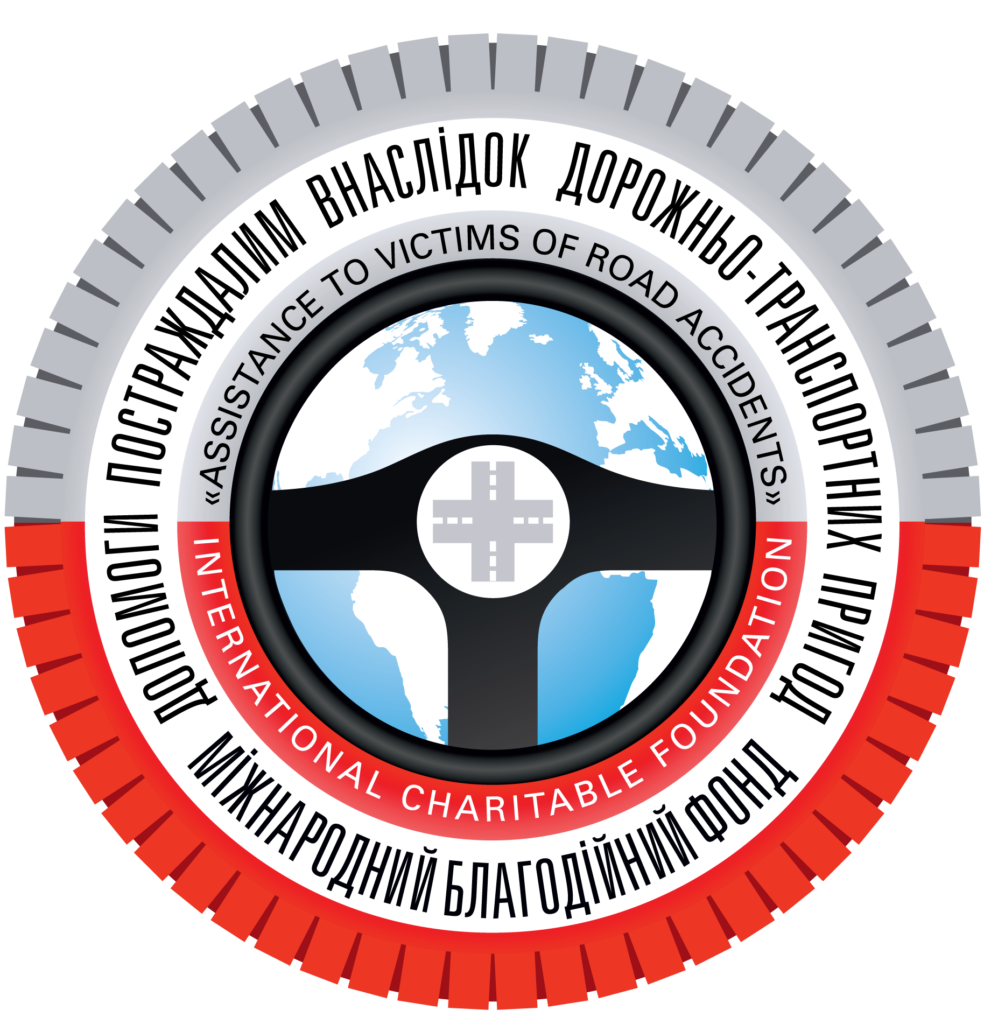CONTRAINDICATIONS TO THE DONATION OF BLOOD AND ITS COMPONENTS
Any capable citizen of Ukraine over the age of 18 who has undergone an appropriate medical examination and who has no contraindications defined by the Ministry of Health of Ukraine can be a donor.
- Absolute contraindications (elimination from donation regardless prescription of the disease and the treatment results):
- Hemotransmissible diseases:
- infectious – AIDS, HIV-infection, syphilis, viral hepatitis, positive result of the study on markers of viral hepatitis;
- tuberculosis, all types;
- brucellosis, louse-borne typhus, tularemia, leprosy, CJD;
- parasitic – echinococcosis, toxoplasmosis, trypanosomiasis, filariasis, guinea-worm disease, leishmaniasis.
2. Somatic diseases:
- malignant neoplasms;
- blood diseases;
- organic diseases of the central nervous system;
- total absence of hearing and (or) speech;
- cardiovascular diseases – hypertension 2-3 stages, ischemic heart diseas, atherosclerosis, atherosclerotic cardiosclerosis, obliterating endarteritis, nonspecific aortoarteritis, recurrent thrombophlebitis, endocarditis, myocarditis, heart defects;
- respiratory diseases – bronchial asthma, bronchiectasis, pulmonary emphysema, obstructive bronchitis, diffuse pneumosclerosis in decompensation stage;
- diseases of the digestive system – achillic gastritis, gastric ulcer and duodenal ulcer;
- diseases of the liver and biliary tract – chronic liver diseases in particular toxic nature and unclear etiology, calculous cholecystitis with recurrent attacks and phenomena of cholangitis, cirrhosis of the liver;
- diseases of kidneys and urinary tract in decompensation stage – diffuse and focal kidney damage, urolithiasis;
- diffuse connective tissue diseases;
- radiation sickness;
- diseases of the endocrine system in case of impairment of function and metabolism;
- diseases of ENT organs – chronic atrophic rhinitis, other acute and chronic severe purulent-inflammatory diseases;
- eye diseases – residual effects of uveitis (iritis, iridocyclitis, choreoretinitis), high myopia (6D and more), trachoma, total blindness;
- skin diseases – spread diseases of the skin inflammatory and infectious nature, psoriasis, erythroderma, eczema, lupus erythematosus, blistering dermatoses, fungal skin lesions (microsporia, trichophytosis, favus, epidermophytia) and lesions of internal organs (deep mycoses), pustular skin diseases (pyoderma, furunculosis, sycosis);
- osteomyelitis acute and chronic.
3. Surgical interventions for amputation or resection of an organ and organ or tissue transplantation.
4. Alcoholism, drug addiction, forms of risky sexual behavior that can lead to serious infections transmitted through blood.
5. Mental illnesses.
2. Temporary contraindications for donating blood and its components:
| List of contraindications for donation | Term of elimination from donation |
| Blood components transfusion (with the exception of burn convalescents and persons immunized to the rhesus factor) | 1 year |
| During pregnancy and lactation | 1 year after childbirth and at least 3 months after the end of lactation |
| Surgery, in particular abortion (a certificate about the nature and date of the surgery from medical institution or an extract from the outpatient card is required) | 1 year after surgery |
| Tattoo, ear piercing, piercing, acupuncture treatment | 1 year from the end of the procedure |
| Being on a business trip abroad for more than 2 months | 6 months |
| Staying in malaria endemic countries in tropical and subtropical climates (Africa, Asia, South and Central America) for more than 3 months | 3 years |
| Contact with patients with viral hepatitis A | 3 months |
| Contact with patients with viral hepatitis B, C | 1 year |
| Vegetative-vascular dystonia | 1 month after normalization of the state and disappearance of the symptoms |
| Transferred infectious diseases (not listed in the section «Absolute contraindications»): | |
| – malaria in the anamnesis, in the absence of symptoms and negative results of immunological tests | 3 years |
| – typhoid fever, after recovery and complete clinical examination, in the absence of pronounced functional disorders | 1 year |
| – angina, flu, acute respiratory viral disease (after recovery) | 1 month |
| – other infectious diseases | 6 months |
| Acute or chronic inflammatory processes in the acute stage (regardless of their location), the body temperature is above 37 °С | 1 month after the end of the acute period |
| Allergic diseases | 2 months after the end of the acute period |
| Tooth extraction | 10 days |
| Vaccination: | |
| – inactivated and recombinant vaccines (tetanus, diphtheria, pertussis, viral hepatitis В, flu, cholera, typhus and paratyphoid), anatoxins | 10 days |
| – live vaccines (BCG, smallpox, dysentery, poliomyelitis, brucellosis, plague, tularemia), introduction of anti-tetanus serum (in the absence of pronounced inflammatory phenomena at the injection site) | 1 month |
| – against rabies | 1 year |
| – administration of immunoglobulin against viral hepatitis B | 1 month |
| – Mantoux test (in the absence of pronounced inflammatory phenomena at the injection site) | 14 days |
| Medication course of treatment | 14 days after the end of the course |
| Period of menstruation | At least 5 days after the end |
| Alcohol consumption | 48 hours |
CONTACT US
-
Address: Kyiv, Ukraine 55-G Velyka Vasylkivska Str.
PO Box 217 - Phone: + 38 (044) 466 43 81
- E-mail: fond@dopomogadtp.com
- 2021 All rights reserved



